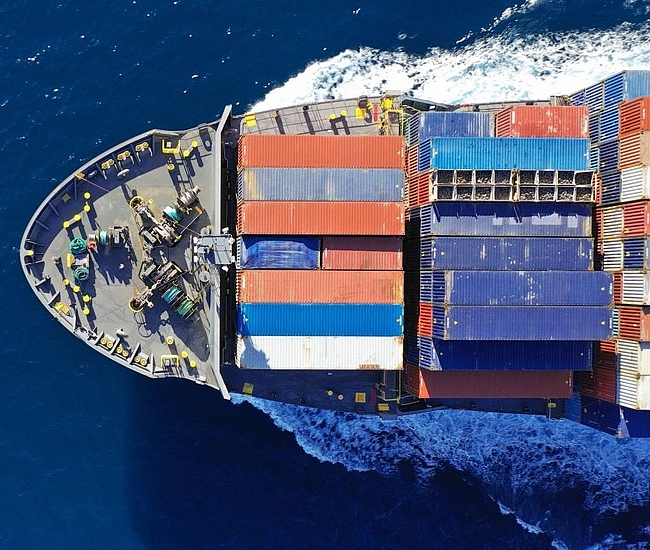Maritime vessels play a pivotal role in facilitating global trade and are crucial for the smooth functioning of the global economy. From transporting goods and resources to enabling international commerce, these vessels form the backbone of the shipping industry. In this blog post, we will delve into the various reasons why maritime vessels are of utmost importance in today's interconnected world.
- Global Trade and Economy:
Maritime vessels are the primary mode of transportation for international trade, accounting for over 80% of global trade by volume. These vessels connect countries, continents, and economies, enabling the exchange of goods and resources on a massive scale. Without maritime vessels, the global economy would suffer immensely, as the transportation of goods would become significantly slower and costlier. - Efficient Transportation:
Maritime vessels offer a cost-effective and efficient means of transporting goods in bulk. With their large cargo capacities, they can carry a wide range of commodities, including raw materials, manufactured goods, and even energy resources like oil and gas. The economies of scale achieved through maritime transportation help reduce costs, making products more affordable for consumers worldwide. - Access to Global Markets:
Maritime vessels provide landlocked countries with access to global markets. Through interconnected shipping routes and ports, these vessels connect regions that would otherwise face significant logistical challenges. This accessibility fosters economic growth, as countries can export their products and import essential resources, thereby expanding their trade networks and enhancing their competitiveness. - Job Creation and Economic Growth:
The maritime industry is a significant source of employment and contributes to economic growth. From seafarers and port workers to shipbuilders and maritime service providers, a vast array of jobs relies on the functioning of maritime vessels. Moreover, the industry stimulates economic activity in port cities, attracting investments and fostering local development. - Energy and Resource Transportation:
Maritime vessels are crucial for transporting energy resources such as oil, liquefied natural gas (LNG), and coal. These vessels ensure a steady supply of energy to countries worldwide, supporting industries, power generation, and domestic consumption. Additionally, maritime transportation facilitates the movement of vital resources like iron ore, grains, and minerals, which are essential for various sectors, including manufacturing and agriculture. - Environmental Considerations:
Maritime vessels have been adapting to meet stringent environmental regulations. The industry has made significant strides in reducing emissions, improving fuel efficiency, and adopting sustainable practices. As the world focuses on combating climate change, maritime vessels play a vital role in ensuring a greener and more sustainable future for global trade.
Conclusion:
Maritime vessels are the lifeline of global trade and the backbone of the global economy. Their efficient transportation capabilities, facilitation of international commerce, and role in job creation and economic growth make them indispensable. As the world becomes increasingly interconnected, the importance of maritime vessels in sustaining global trade and fostering economic development cannot be overstated. By recognizing their significance and supporting sustainable practices, we can ensure a prosperous future for international trade and the global economy.


